Indian-origin dentist Smita Salagare runs for Southern Denmark Councils
p: The 47-year-old public dentist is campaigning on healthcare reform, elder care, and support for families as Denmark votes on Nov. 18.
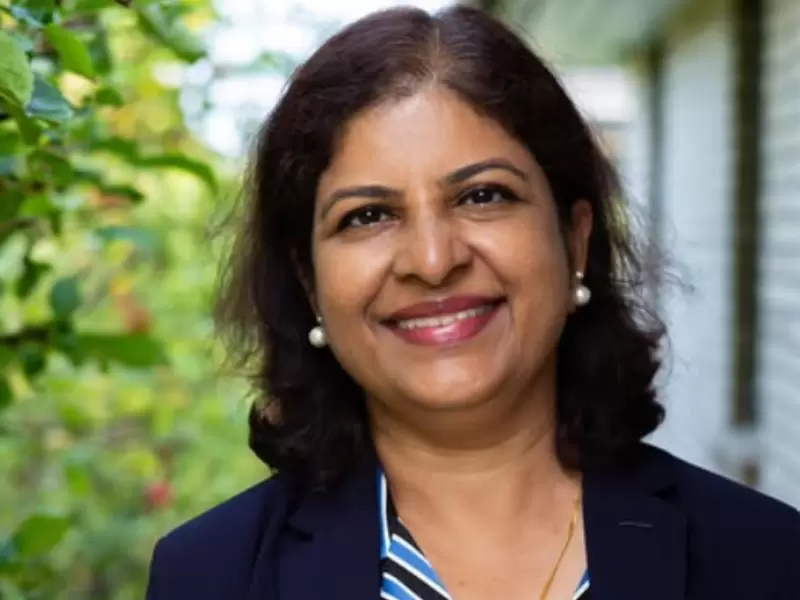 Smita Salagare / Instagram (Smita Salagare)
Smita Salagare / Instagram (Smita Salagare)
Indian-origin dentist Smita Salagare is contesting both the Odense Municipal Council and the Region of Southern Denmark in the local and regional elections scheduled for Nov. 18.
The 47-year-old works in Odense’s public dental care system and has previously served clinics in Sønderborg, Vejle, and Esbjerg, giving her, she says, a broad understanding of how residents interact with the region’s healthcare network.
Also Read: Shilpa Prem becomes first South Asian woman elected to Kirkland City Council
Her experience, she notes, has exposed her to the concerns of “patients, relatives, and colleagues across the system,” shaping her demand for a more coordinated healthcare structure.
Healthcare remains the core of her campaign. Salagare says she wants a more connected, patient-centered system that brings care closer to residents and reduces hospital waiting times. She has identified elder care as another priority, calling for services grounded in dignity, empathy, and professionalism.
Her platform extends to broader welfare areas, including childcare, education, and safe environments for young people. As a mother of a seven-year-old, she has framed investments in children and families as essential for Odense’s development.
She has also reached out to Odense’s growing international community, saying she hopes to strengthen integration support, offer cultural guidance, and expand access to Danish networks for expat residents.
While her messaging remains optimistic, Salagare has also argued that Odense needs to “listen, take action, and dare to think differently,” pointing to demographic and economic shifts in the city.
Her campaign materials describe her as family-oriented, an advocate for citizens in daily healthcare work, and someone with extensive knowledge of the Region of Southern Denmark.
The Nov. 18 elections will determine leadership across all municipalities and the country’s regional councils, which oversee major areas including healthcare and hospital management.
Denmark’s local elections are held every four years, and residents aged 18 or older can vote if they meet citizenship or residency requirements. Nearly half a million international residents are eligible to participate.
Election results will be announced on Nov. 18, and the newly elected councils will assume office from Jan. 1, 2026.
ADVERTISEMENT
ADVERTISEMENT
E Paper
Video




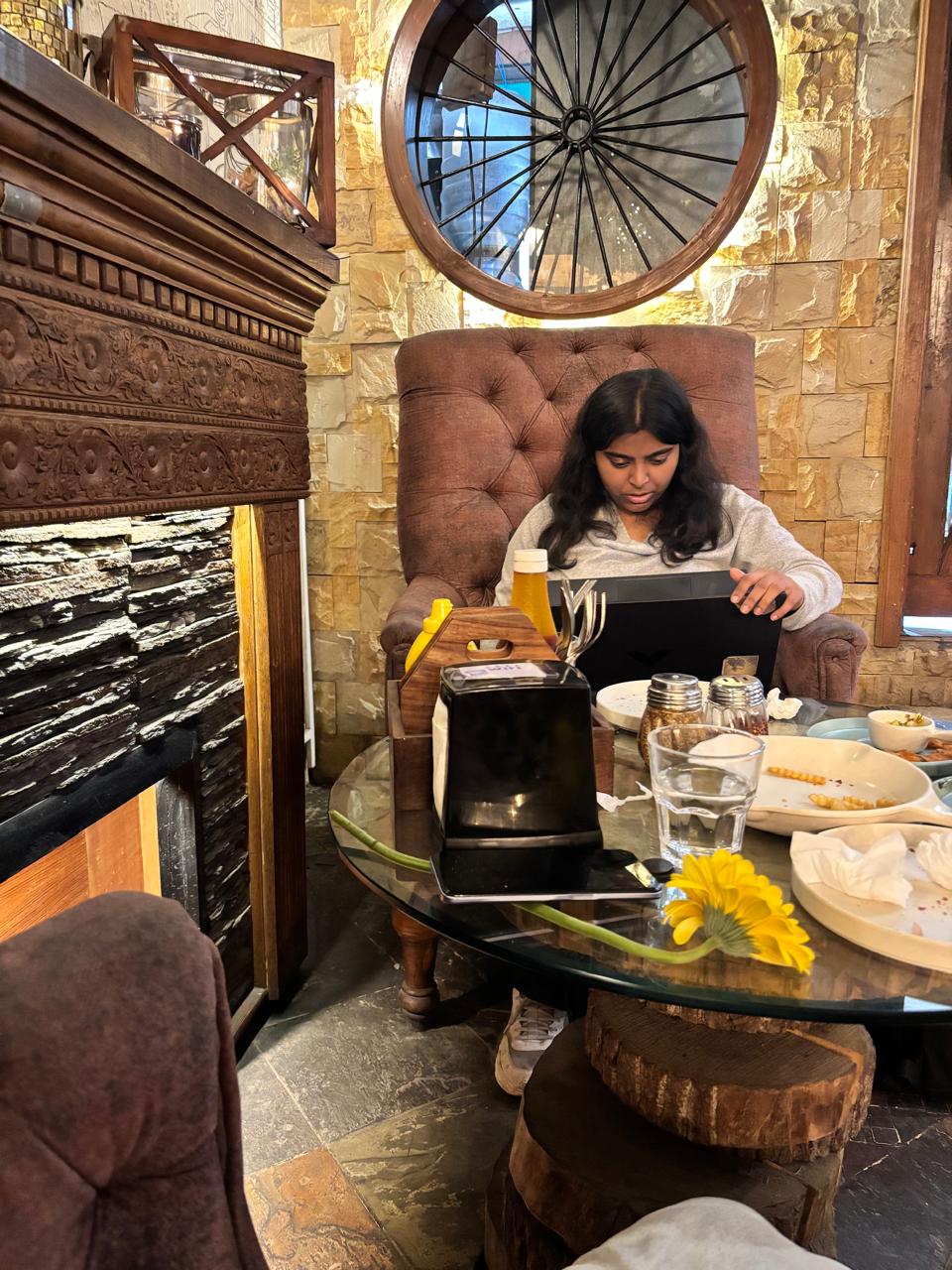 Malvika Choudhary
Malvika Choudhary


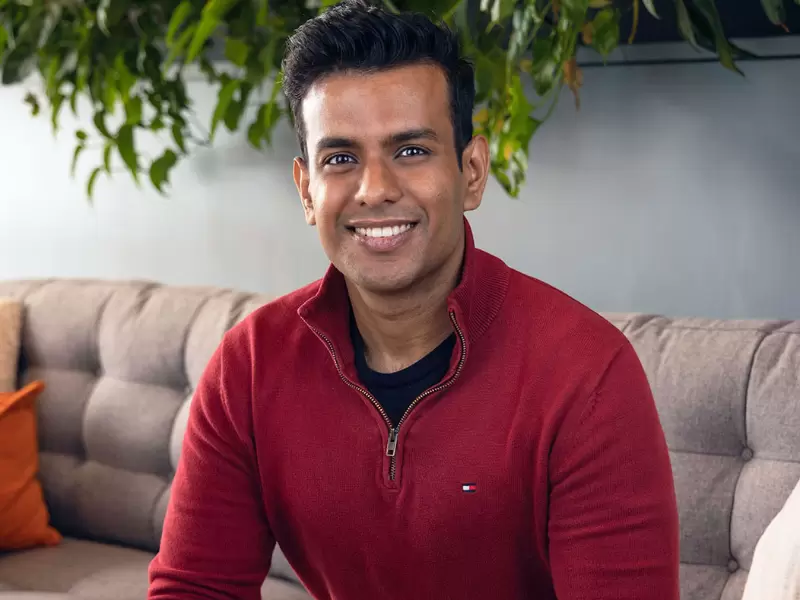


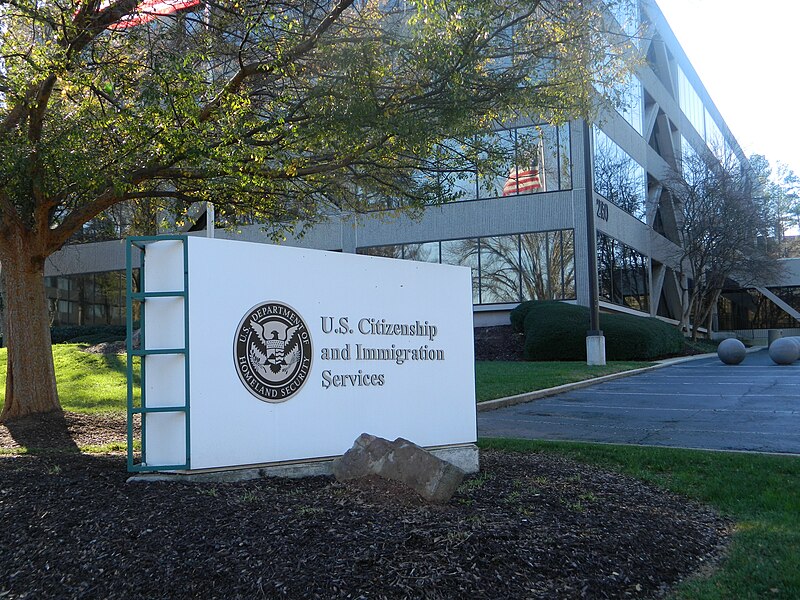

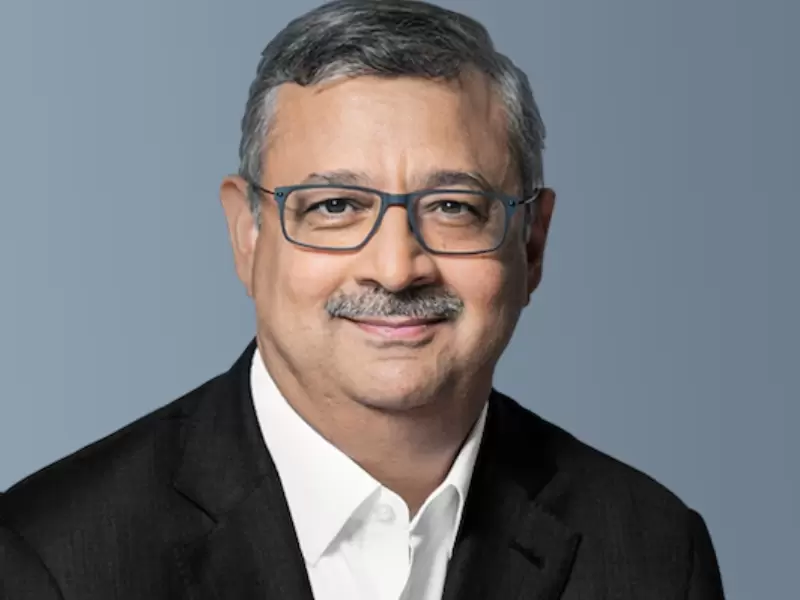
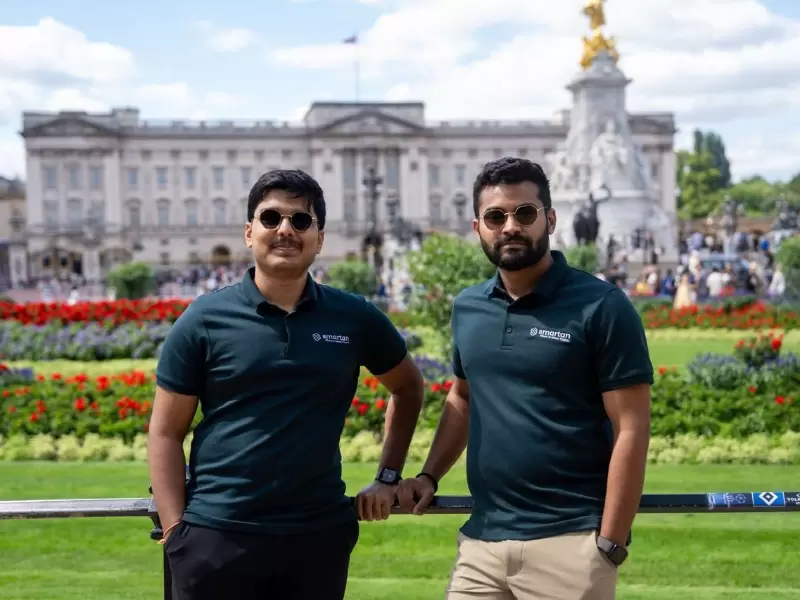
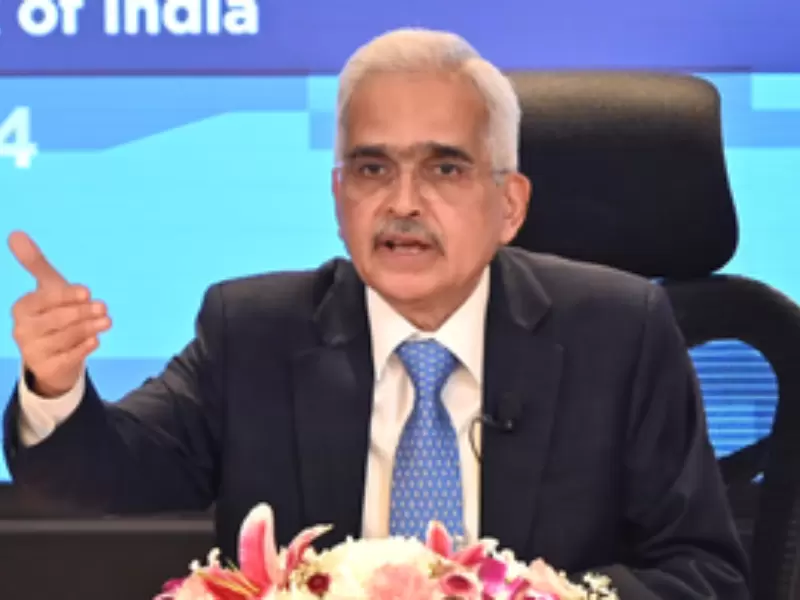
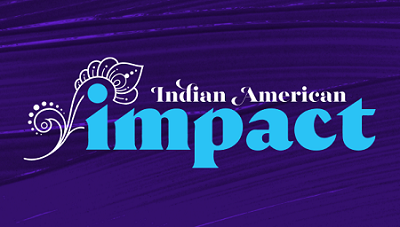

Comments
Start the conversation
Become a member of New India Abroad to start commenting.
Sign Up Now
Already have an account? Login